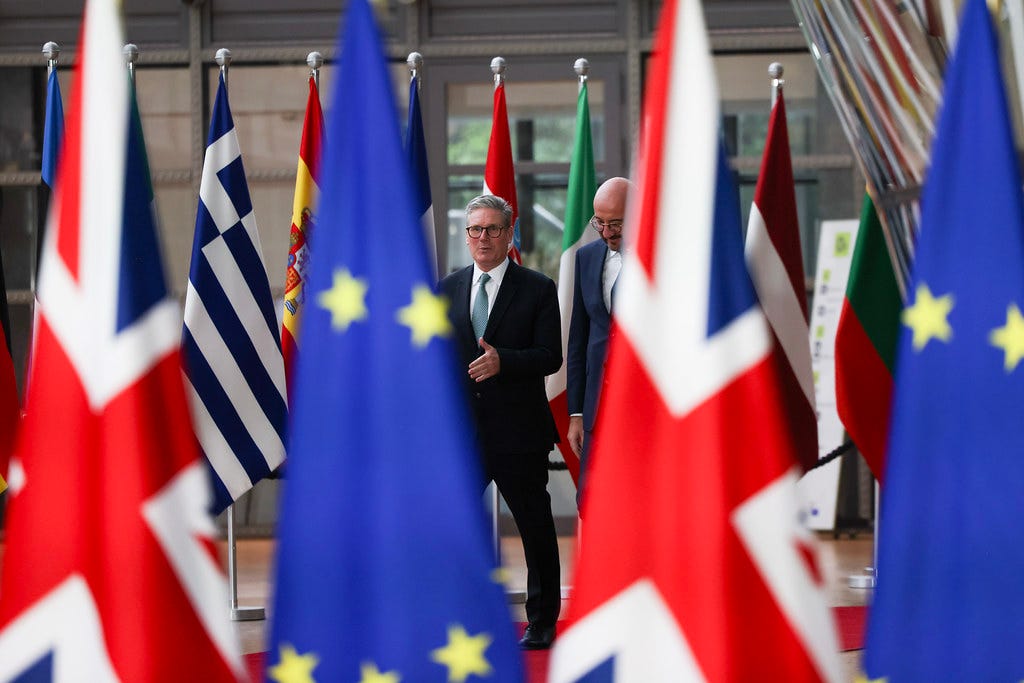The Lead Untangles: What might the Brexit reset summit mean for Britain
Fishing, food standards, defence and more will be on the agenda next week when Keir Starmer hosts European leaders.
Introducing The Lead Untangles: In an era where misinformation is actively and deliberately used by elected politicians and where advocates and opposers of beliefs state their point of view as fact, sometimes the most useful tool reporters have is to help readers make sense of the world.
The L…





